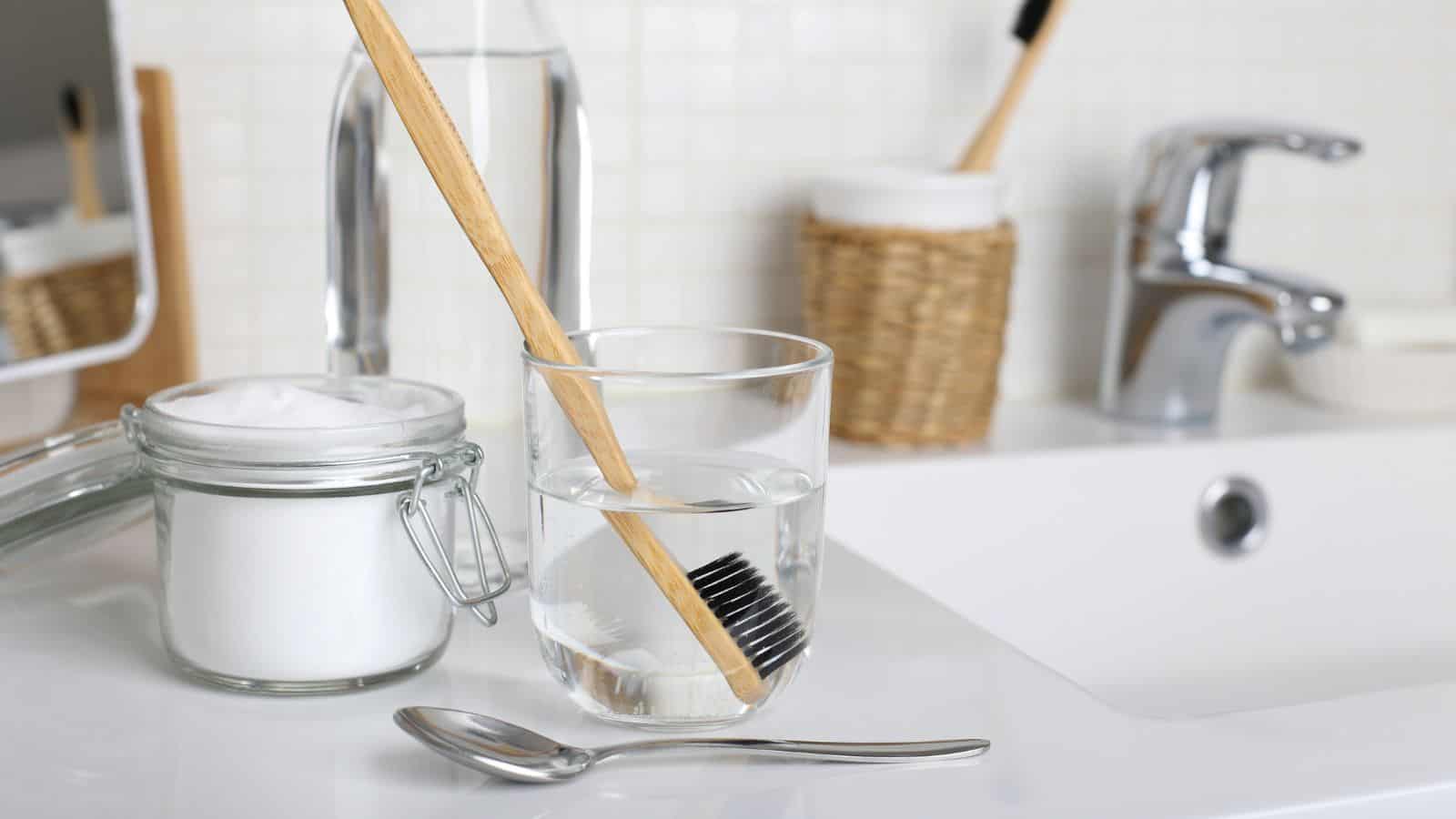Some people think having good hygiene means washing your hands, taking showers, and brushing your teeth, but it’s about a lot more than that. To help you keep yourself feeling as fresh and clean as possible, here are 17 hygiene habits most people neglect but really shouldn’t!
Cleaning Under Your Nails

Most people wash their hands after using the bathroom or getting dirty, but not many regularly clean under their nails. Grime quickly builds up under nails, as does food or lotion. Gently scrubbing your fingernails with a warm, soapy nail brush every day cleans out bacteria and improves hand hygiene.
Rinsing Your Toothbrush

Most people brush their teeth at least twice a day to maintain good oral hygiene, yet many don’t clean their toothbrushes after use! The Centers for Disease Control and Prevention recommend thoroughly rinsing your toothbrush to decontaminate it from any saliva, blood, and oral debris. That way, you won’t reintroduce bacteria to your mouth.
Changing Towels Frequently

You can’t see it, but used towels harbor plenty of germs. Towels used to dry your face, hands, and body should be changed every 3-5 uses to stop bacteria from multiplying. You shower to remove dead skin cells and sweat from your body, so you don’t want them clinging to your towels.
Flossing

Dentists constantly recommend flossing, but many people skip over it when cleaning their teeth. However, brushing alone won’t remove any food or plaque stuck between your teeth, so you must floss too. If you don’t, you’ll likely suffer from increased staining, eroded enamel, and bad breath.
Cleaning Your Ears

Cleaning your ears is more than just using a Q-tip to remove wax. You also need to gently clean the outside of your ears, including your earlobes and behind your ears, with soap and water to remove dead skin cells. Neglecting to thoroughly clean your ears can cause bad odors and infections.
Washing Water Bottles

Reusable water bottles are fantastic for the environment, but most people forget to wash them out. Bacteria from your mouth transfer onto the bottle when you drink from it, and they thrive in dark, moist areas. Experts recommend washing water bottles multiple times a week to keep them fresh.
Changing Pillowcases

Most people change their bed sheets every week or two, but we should all change our pillowcases more often. CNET reports that your pillowcase accumulates over 17,000 more bacteria after a week than a toilet seat. If you wouldn’t lay your head on a dirty toilet, why use a dirty pillow?!
Trimming Toenails

Toenails grow slower than fingernails, so many people often forget to trim and maintain them. However, grime, sweat, and dead skin cells also accumulate under toenails, especially if you wear socks and shoes all day. Long toenails are more likely to snap and cause infections, so keep them trimmed.
Airing Out Laundry

If you regularly shower and use deodorant, yet you still notice a foul odor, it could be coming from your clothes. Most people wash their laundry but don’t fully air it, creating a damp, musty smell. Hanging laundry outside is ideal for removing bad smells or using scented tumble dryer sheets.
Washing Gym Clothes

It’s common sense to wash sweaty gym clothes as soon as you take them off, but many regular gym-goers keep their unwashed clothing for the next workout. Bacteria quickly multiply in a moist environment, so you’ll likely get skin inflammation when you re-wear sweaty gym clothes.
Scrubbing and Drying Your Feet

Practicing good hygiene means rigorously cleaning every part of your body, yet many people just let the water run over their feet. The Institute For Preventive Foot Health advises using mild soap to gently scrub your feet, including between the toes, then towel-drying them. This prevents foot fungus and foul odors.
Cleaning Your Hairbrush

Most people don’t think to clean their hairbrush because they don’t consider their hair dirty, but oils, scalp flakes, and grease build up and are redistributed into your hair over time–gross! To keep your hairbrush hygienic, remove hair from the head, soak it in warm water, and scrub between the bristles.
Closing the Toilet Lid

Many people think good toilet hygiene means washing your hands afterward, but it’s incredibly unhygienic to leave the lid open when you flush. Harmful airborne pathogens are expelled into the room when you flush the toilet, contaminating surfaces, your towels, and your toothbrush, so always remember to close the lid first.
Covering Small Wounds

We all get little cuts and scratches, but even the most minor wounds should be covered to keep them clean. Band-aids protect cuts from getting dirty and infected throughout the day. The moisture created by a band-aid also promotes quicker healing by encouraging new skin cells to grow.
Cleaning Piercings

Piercings look great but are a major hygiene risk if you don’t clean them regularly. The holes need to be sterilized while they heal and then carefully washed with soap and water to prevent dead cells from accumulating. You can also clean the jewelry with cotton pads to disinfect it.
Washing Your Hands After Coughing

We wash our hands after using the bathroom, handling raw meat, and sneezing, so why is it less typical to wash our hands after coughing? According to Cleveland Clinic, coughing into your hands quickly spreads germs when you touch surfaces, contaminating them. For everybody’s health, always wash your hands after you cough.
Disinfecting Your Phone

Finally, perhaps the dirtiest thing you own is your phone, yet how often do you clean it? You touch it every day, place it on different surfaces, and some people even take their phones into the bathroom! All those germs build up and transfer onto your hands and face if you don’t disinfect your phone.
